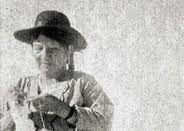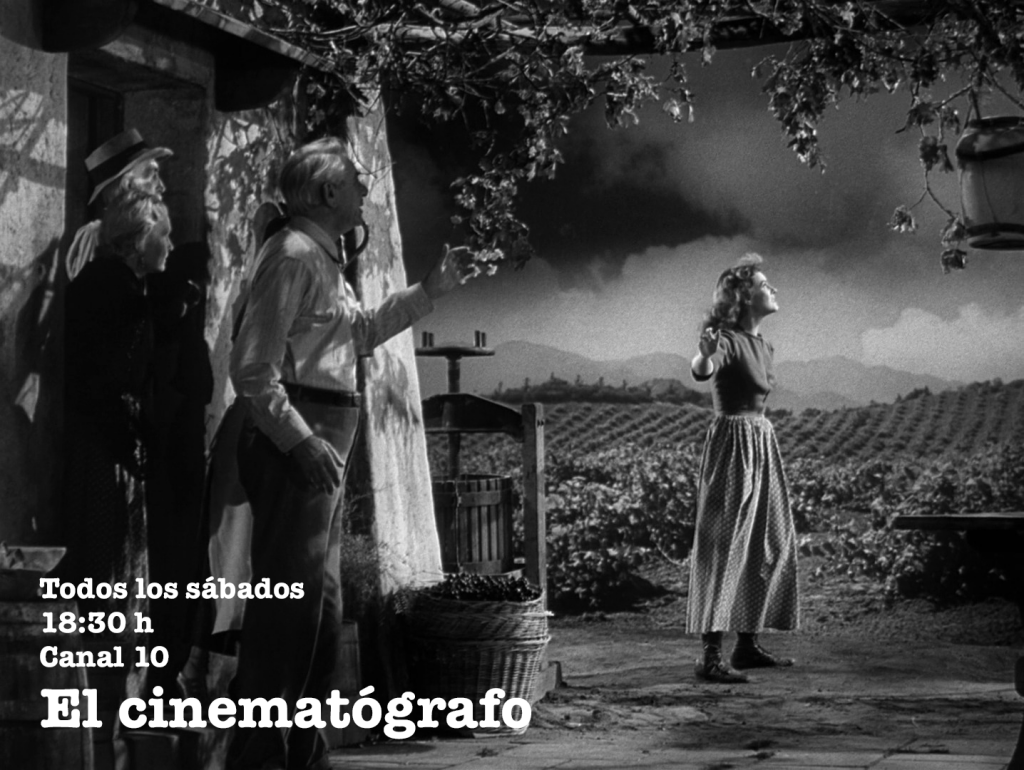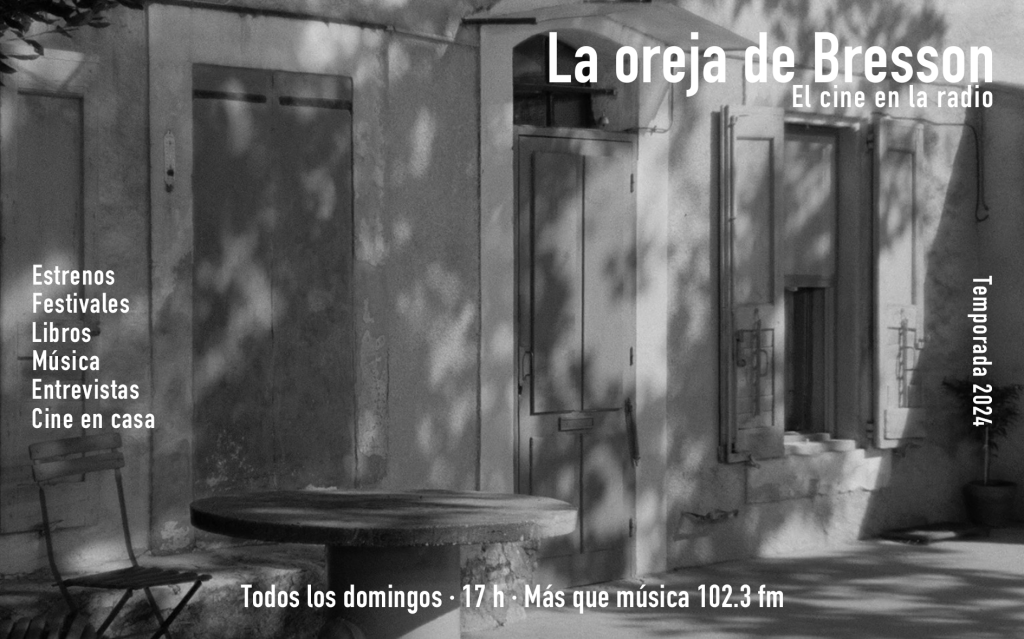
MES FICUNAM 2012 (08): TRAVELLING
By Roger Koza
 VON DER NOTWENDIGKEIT DIE MEERE ZU BEFAHREN / DE LA NECESIDAD DE NAVEGAR LOS MARES, PHILIPP HARTMANN, ALEMANIA-BOLIVIA-ARGENTINA, 2010
VON DER NOTWENDIGKEIT DIE MEERE ZU BEFAHREN / DE LA NECESIDAD DE NAVEGAR LOS MARES, PHILIPP HARTMANN, ALEMANIA-BOLIVIA-ARGENTINA, 2010
Lubitsch said in order to film people one had to learn first how to film mountains. In several occasions, the staging of this film by Phiipp Hartmann, its structure, goes back and forth from open shots of mountains to medium shots of people; at some point there is a casual yet pertinent dialogue about the existential quality of people who live in the mountains. De la necesidad de navegar los mares is set in an isolated land in southern Bolivia, in the North of Argentina, and in Buenos Aires. A likely alter-ego to Mr. Hartmann is in charge of organizing the discourse during the journey, and though geographer and naturalist Alexander von Humboldt is a conceptual character and the rest are ghosts that appear and interact with the old geographer, there is also a sort of genealogic obsession throughout the philosophical tale that gives structure to the film. In this mesmerizing, mysterious, dreamlike and beautiful flick, Hartmann films as if he were walking; not because travelling shots are the main choice for the composition of scenes, but because it seems as if filming were an activity analogue to travelling for him or the other way round; in order to travel, it is necessary to film. Evidently, Hartmann feels an acute interest for those spaces which have no images yet and this links him to the film tradition of Werner Herzog, an imaginary grandparent for this filmmaker. Indeed, the idea is going after still virgin spaces without a movement-showing representation of them; but he also stops to reflect on the duration and the substance of movement and that is to say time: “an instant is a piece of frozen time. ”Hartmann offers a lucid and yet playful game between film register as a carrier of memory and edition as a manipulation of shared memories, an indirect reflection on the ontological statute of the image —all of this, in 22 minutes.





Últimos Comentarios